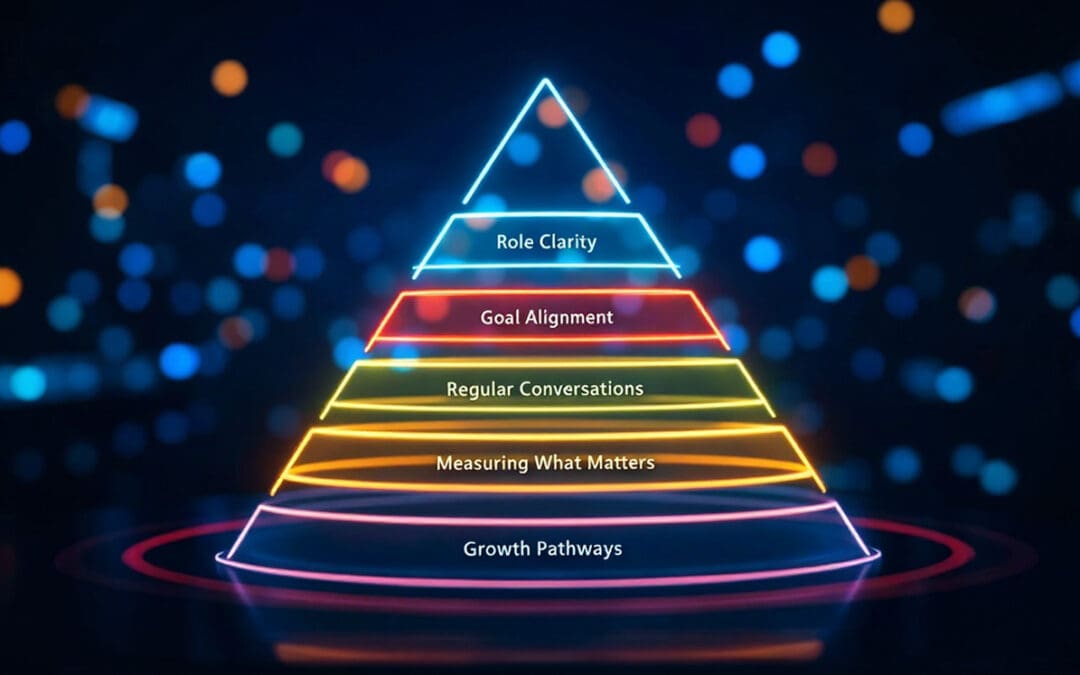Information silos lead to duplicated work, missed opportunities, and frustrated teams. Discover how to identify their root causes and use Performance Scoring to connect people, tools, and data.

If you’ve ever discovered that two teams in your company spent weeks solving the same problem, without knowing about each other, you’ve seen the damage of information silos firsthand.
An information silo happens when valuable data is locked away in a single department, team, or tool, making it inaccessible to the rest of the organization.
Employees spend nearly 20% of their time searching for internal information or finding colleagues to help with specific tasks
The Cost of Silos
McKinsey estimates that employees spend nearly 20% of their time searching for internal information or finding colleagues to help with specific tasks (source). That’s one full day each week lost to hunting for answers.
Common Causes of Silos
- Rapid company growth without integrated systems
- Disconnected tools that don’t share data
- Departmental cultures that hoard information
- Lack of clear data ownership and sharing protocols
Five Steps to Fix Information Silos
1. Utilize a Knowledge Portal
Centralize important resources, processes, and documents. Performance Scoring stores meeting notes, project updates, and KPIs in one accessible location.
2. Promote Open Communication
Encourage cross-department updates during weekly meetings to surface information before it’s siloed.
3. Invest in Integrated Systems
Don’t replace tools unnecessarily—embed them. Performance Scoring integrates data from CRM, project management, and accounting platforms directly into the meeting workspace.
4. Establish a Centralized Data Repository
Our ScoreBoards create a single source of truth for all team and company metrics.
5. Define Clear Data Ownership
Assign responsibility for updating and sharing key metrics so nothing gets lost between teams.
The Cultural Side of Breaking Silos
While technology helps, real collaboration comes from culture. Leadership must model openness, celebrate shared wins, and encourage transparency across all levels of the organization.
Why Performance Scoring Works
Because our platform centers everything around meetings, the place where cross-functional collaboration naturally happens, it’s uniquely positioned to break down silos. Whether you’re reviewing performance, planning a project, or tracking KPIs, all relevant data is right there in context.
Take Action Now
If you’ve seen the signs, duplicated work, misaligned goals, and frustrated employees, it’s time to unify your tools and your people.
Book a demo to see how Performance Scoring helps create a connected, collaborative workplace.





